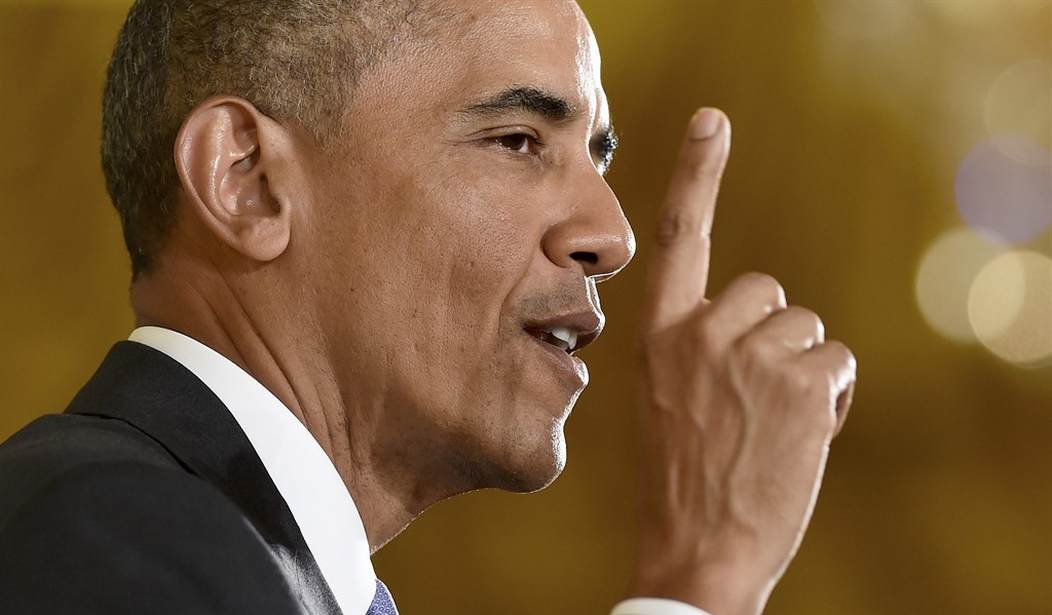As you know by now, earlier this week the Obama administration struck a nuclear deal with Iran, claiming "the most intrusive inspections ever" were part of the negotiation process.
First, lets take a step back to April when White House Deputy National Security Advisor Ben Rhodes said the White House was demanding anytime, anywhere, 24/7 inspections.
"We will have anytime, anywhere access to the nuclear facilities."
As Guy has pointed out, Obama's Energy Secretary also said anytime, anywhere inspections were expected with a deal.
But fast forward to this week and Rhodes is claiming anytime, anywhere inspections weren't ever on the table and that inspections have been tailored to nuclear facilities.
"We never sought anytime/anywhere inspections," he recently told CNN's Erin Burnett.
Further, as part of the deal reached Iran will have a 24 day heads up period before inspections are conducted, giving the regime the ability to move around and hide any potential violations of the nuclear agreement.
Now Wendy Sherman, a top negotiator for the Iranian nuclear deal and the same woman who handled negotiations of North Korea's nuclear program in the 1990s (that went well), is admitting that the entire inspections process is pretty bogus (bolding is mine).
The US pledge three months ago for “anytime, anyplace” access to Iran’s nuclear facilities was more of a rhetorical flourish than anything else, US Under Secretary of State Wendy Sherman said on Thursday “I think this is one of those circumstances where we have all been rhetorical from time to time,” Sherman, who played a central role in the negotiations, said in a conference call with Israeli diplomatic reporters.
“That phrase, ‘anytime, anywhere,’ is something that became popular rhetoric, but I think people understood that if the IAEA felt it had to have access, and had a justification for that access, that it would be guaranteed, and that is what happened.”
Recommended
What could possibly go wrong?
Vice President Joe Biden was on Capitol Hill twice this week trying to convince skeptical Democrats to support the deal. Congress is in a 60-day review plan of the bill and waiting for an up or down vote. The United Nations will be given the chance to vote on the plan before Congress in the next few weeks.

























Join the conversation as a VIP Member